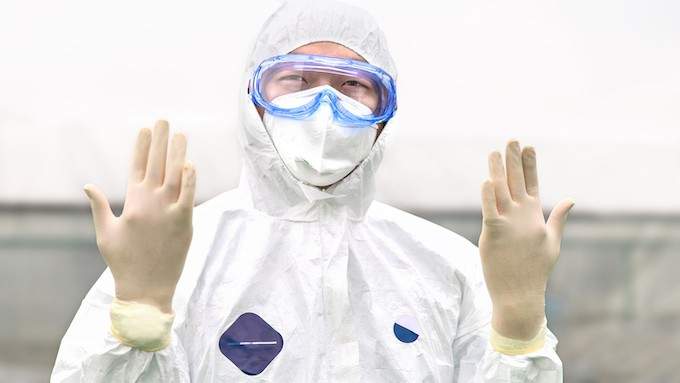Looking Ahead to 2021 - By ASCF Senior Fellow Scott Tilley

Cybersecurity, supply chains, and biomedical engineering
By Scott Tilley January 29, 2021
As 2020 begins to fade into our rear-view mirror, we are afforded the opportunity to look ahead to 2021. Sadly, the COVID-19 pandemic is still with us and will likely remain a big part of our lives for some time to come. However, the world doesn’t completely revolve around the novel coronavirus, even if the daily news would have you believe otherwise. In the coming year, I think there will be three topics of interest that could affect our national security more than any other year so far: cybersecurity, supply chains, and biomedical engineering.
***
Cybersecurity: The recent SolarWinds hack, which the US administration has now officially blamed on Russia, is by far the most sophisticated and far-reaching public cybersecurity breach of our national infrastructure. The malware attack managed to infiltrate many large companies and numerous federal departments – including the Treasury and Homeland Security. Yes, it was that bad. Think Edward Snowden on steroids.
This unfortunate episode serves as a reminder that our modern economy is dangerously susceptible to electronic hacks from abroad. The growth of the Internet of Things (IoT) will only make the problem worse as we connect more and more devices to insecure networks. Most of these electronic systems are not produced domestically, making it all but impossible to satisfactorily ensure that there are no known flaws waiting to be exploited and malicious code waiting to be operationalized – all at the touch of a button from thousands of miles away.
***
Supply Chains: The COVID-19 pandemic has exposed the national security implications of having weak global supply chains. A superpower simply can’t be dependent on other nations when it comes to essential items like prescription drugs and personal protective equipment. The early announcements of vaccines at the end of 2020 promised a path out of the coronavirus economy, but the promise has yet to be realized in large part due to supply issues with vaccine manufactures. We’re not alone in this situation: Canada, the EU, and the UK are also struggling, with vaccine export restrictions being seriously considered.
Technology made globe-spanning supply chains possible, and technology may offer a modern solution to them as well. Supply chains are often optimized for cost, not resiliency, so the way forward may be to use automation to lower the total cost of producing goods and services here at home. This “reshoring” of our workforce would also help reduce our bilateral trading deficits by boosting exports.
***
Biomedical Engineering: The rapid improvement in artificial intelligence, coupled with new robotic capabilities, could unleash a blizzard of new biomedical engineering developments. We already have new drugs designed by software, not by scientists, which reduces development time substantially. The software can churn through millions of molecular variations to discover novel treatments previously impossible to realize.
Given the terrible situation in many long-term care homes due to COVID-19, we may see more interest in “aging in place,” but to do so would require a great many more caregivers than are currently available. An alternate solution is to develop assistive devices and virtual assistants to support the person’s needs while remaining at home as long as possible. Something as simple as a closed-loop insulin delivery mechanism would go a long way to helping many seniors maintain their independence. I know it would help me.
– END –
Click here for photo credit










